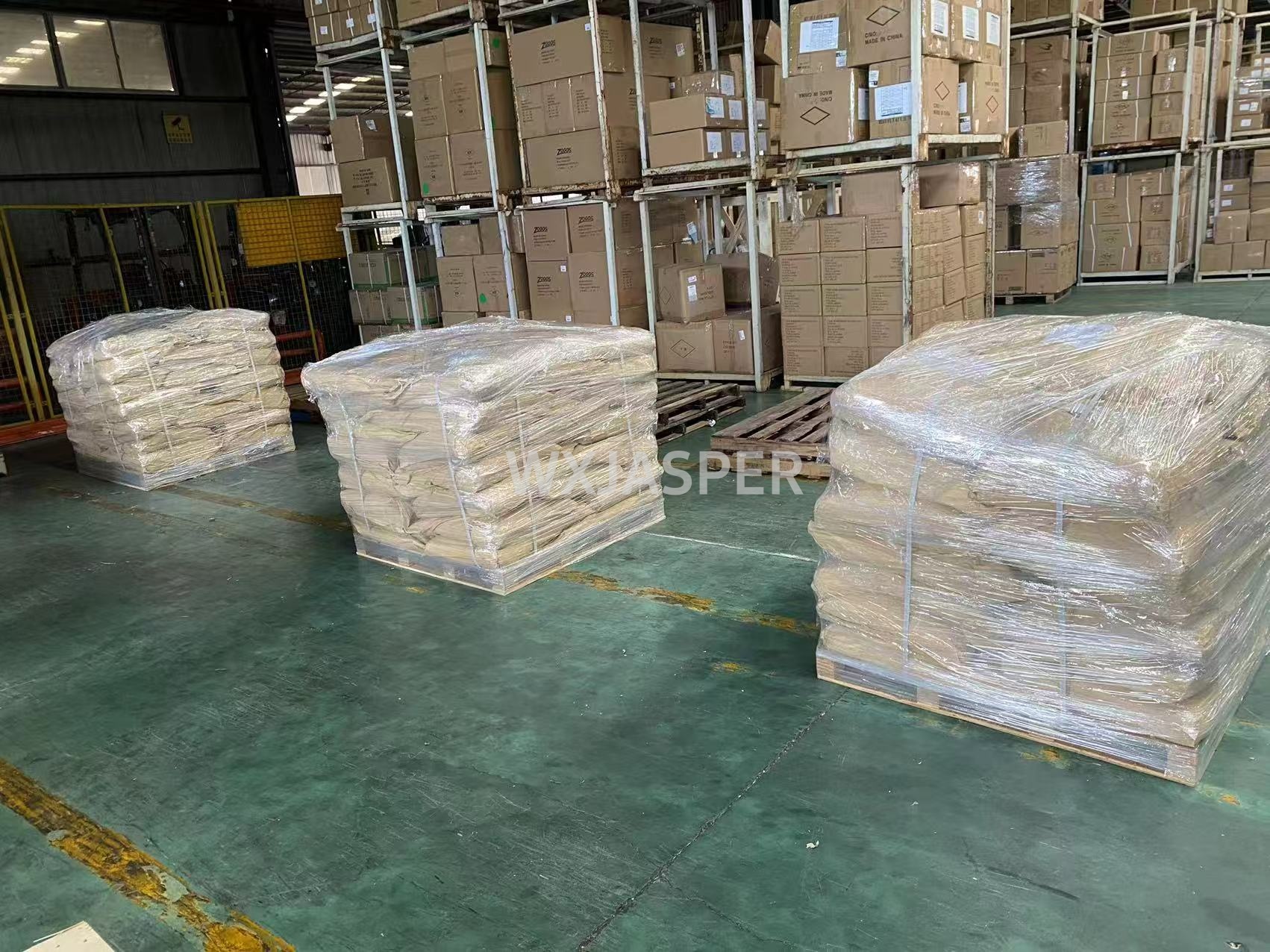Your Location:Home > Products > Solvents > Maize Starch / Corn Starch



CasNo: 9005-25-8
MF: (C6H10O5)n
Appearance: powder
Delivery Time: 15 days
Packing: 25kg/bag
Purity: 99%
Basic Information
|
Model NO. |
9005-25-8 |
Appearance |
Powder |
|
Color |
Colorless |
Purity |
99% |
|
Grade Standard |
Industrial Grade |
Specification |
25kg/bag |
|
Transport Package |
Bag |
Origin |
China |
Product Description
Product Name:Maize Starch / Corn Starch
CAS No: 9005-25-8
Form: Powder
Product Application
Medicinal Starch is one of the oldest and most widely used multi-functional excipients in solid dosage forms.
Used as a starch paste (typically 5-25% w/w in water) to agglomerate powder mixtures, providing cohesive granules suitable for tableting.
Its most common function. Used at 3-15% w/w.
Mechanism: Rapid water uptake and swelling, causing the tablet to break apart in the gastrointestinal tract.
Can be added intragranularly (within the granules) and/or extragranularly (to the dried granules before compression) for optimal effect.
Adds bulk to low-dose active ingredients to achieve a practical tablet size and weight.
In its dry, powdered form, it can improve the flow of other cohesive powders, though it is less effective than specialized glidants like colloidal silicon dioxide.
Serves as an inert bulking agent in both tablets and hard gelatin capsules.
Food Industry: Thickener, stabilizer, anti-caking agent (E1404).
Cosmetics: Absorbent in powders, viscosity modifier.
Medical Devices: Component of absorbable dusting powders for surgical gloves.
Packaging
25Kg/Bag
Storage
Store in a cool, dry, well-ventilated place. Keep the container tightly sealed to protect from moisture, as it is hygroscopic.